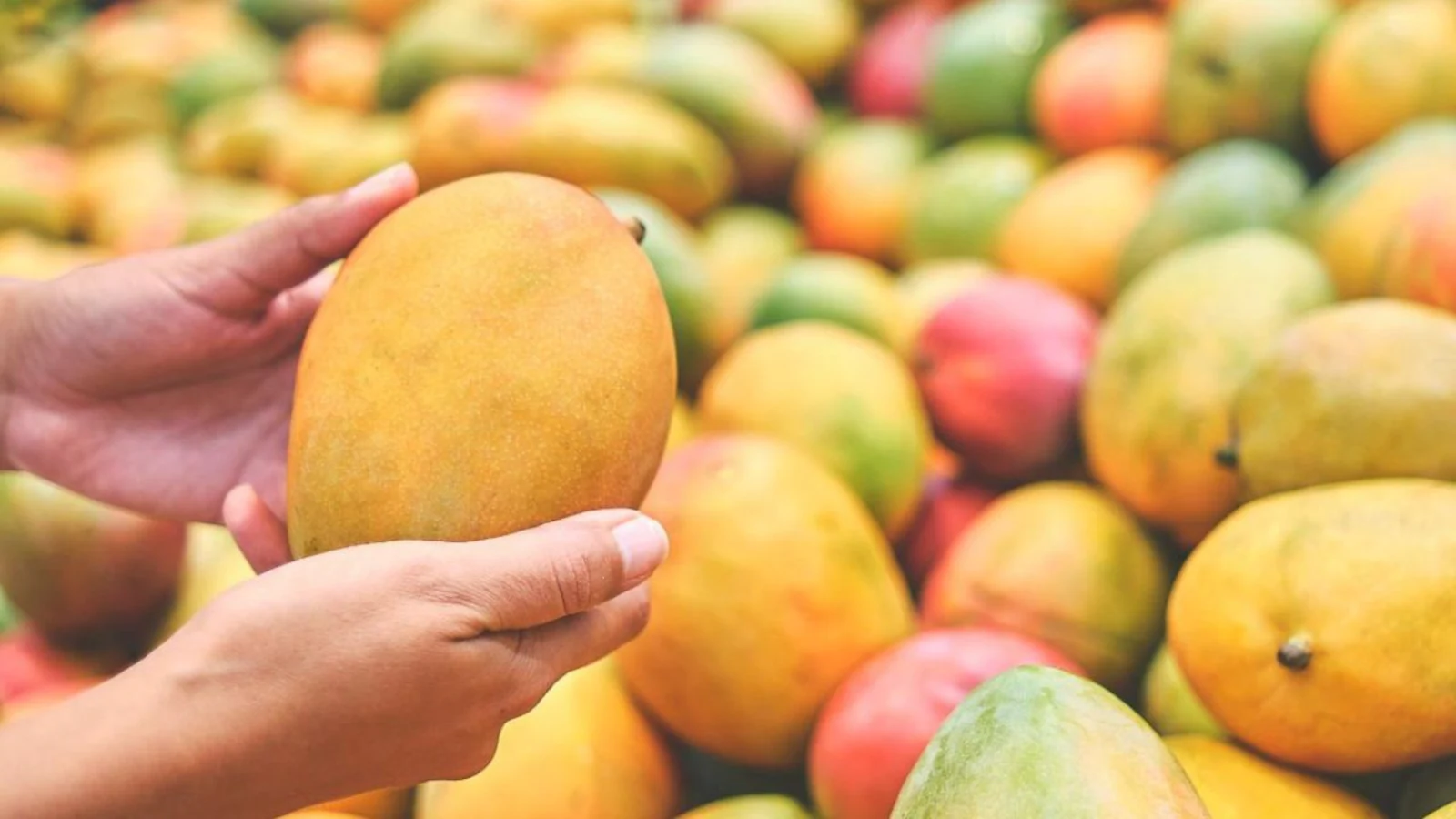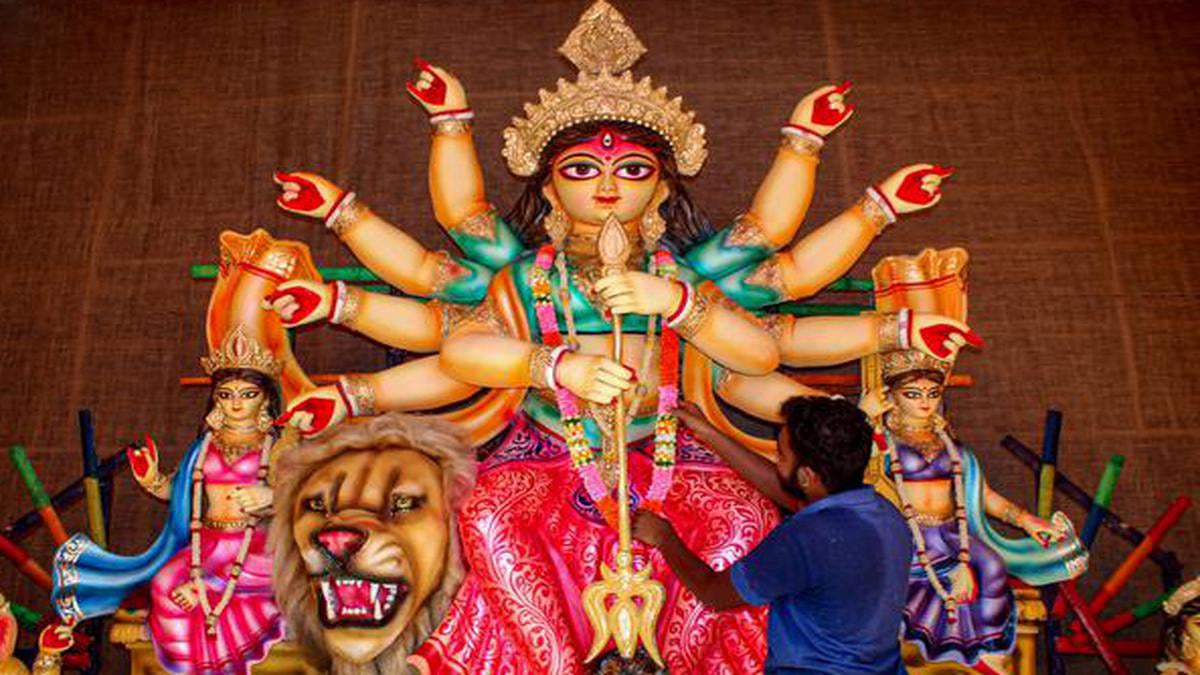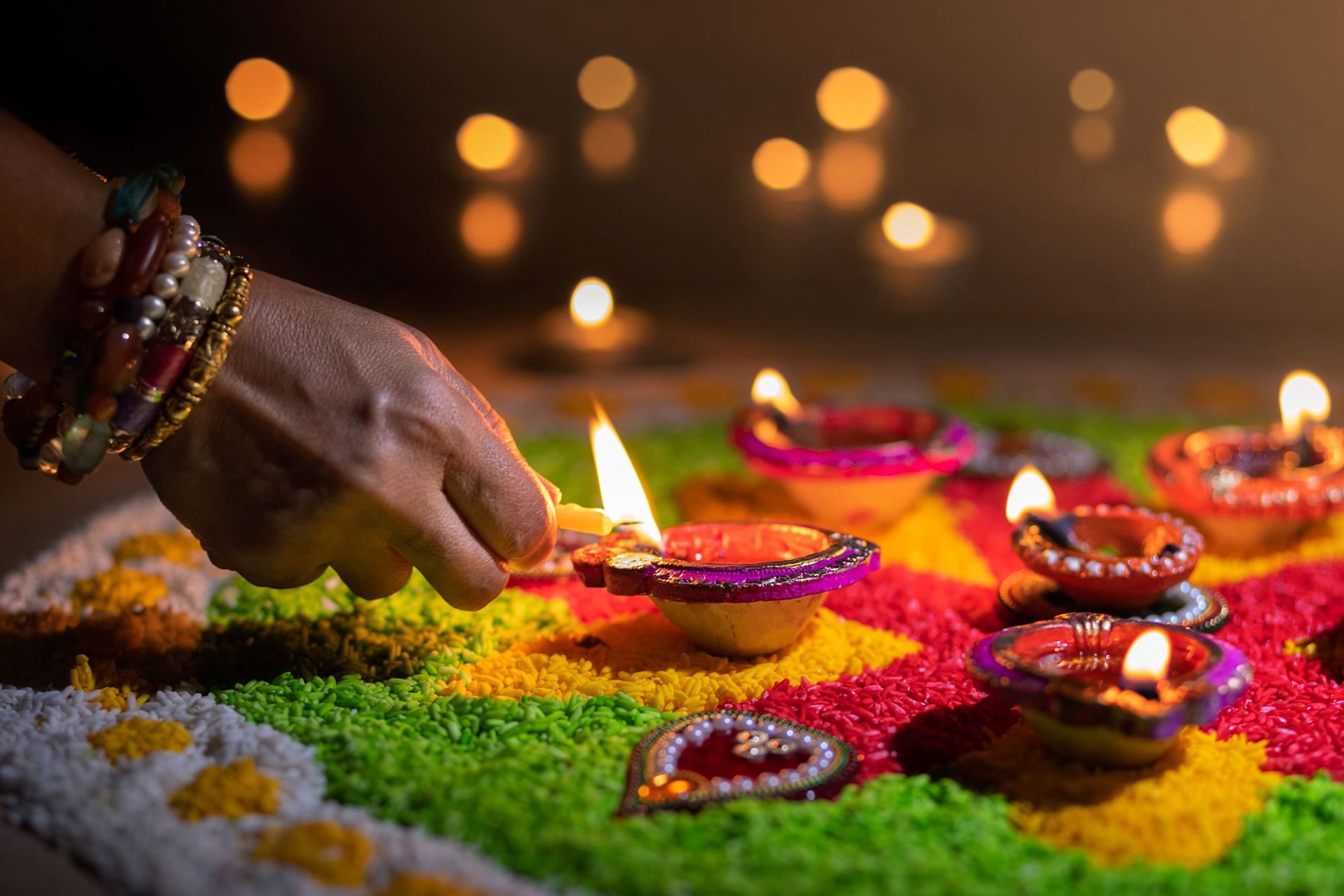
The Mango Festival in Malda
Malda, often referred to as the "Mango City," is renowned for its exquisite varieties of mangoes. The Mango Festival, celebrated annually in the summer months, is a vibrant event that showcases the rich mango heritage of the district. This festival attracts mango lovers, tourists, and traders from all over the country and beyond.The Mango Festival is typically celebrated in the summer months, from late May to early July, coinciding with the peak mango harvesting season. The exact dates may vary each year, so it's advisable to check local announcements or tourism websites for the current year's schedule.
History and Significance
The Mango Festival in Malda has a long-standing tradition. It was established to promote the region's mangoes and provide a platform for mango growers to display their produce. The festival highlights the cultural and economic importance of mango cultivation in Malda, which is a significant part of the local agrarian economy.
Festival Highlights
The Mango Festival in Malda features a variety of events and activities that celebrate the beloved fruit:
Mango Exhibitions: Stalls and exhibitions display a wide range of mango varieties, attracting both buyers and enthusiasts.
Tasting Sessions: Visitors can sample different types of mangoes and products made from them, such as mango jams, pickles, and sweets.
Competitions: The festival hosts competitions for the best mangoes, where growers compete for recognition and awards.
Cultural Programs: Traditional music, dance performances, and folk art add to the festive atmosphere, reflecting the rich cultural heritage of the region.
Workshops and Seminars: Experts conduct sessions on mango cultivation techniques, pest management, and sustainable farming practices, benefiting local farmers.

